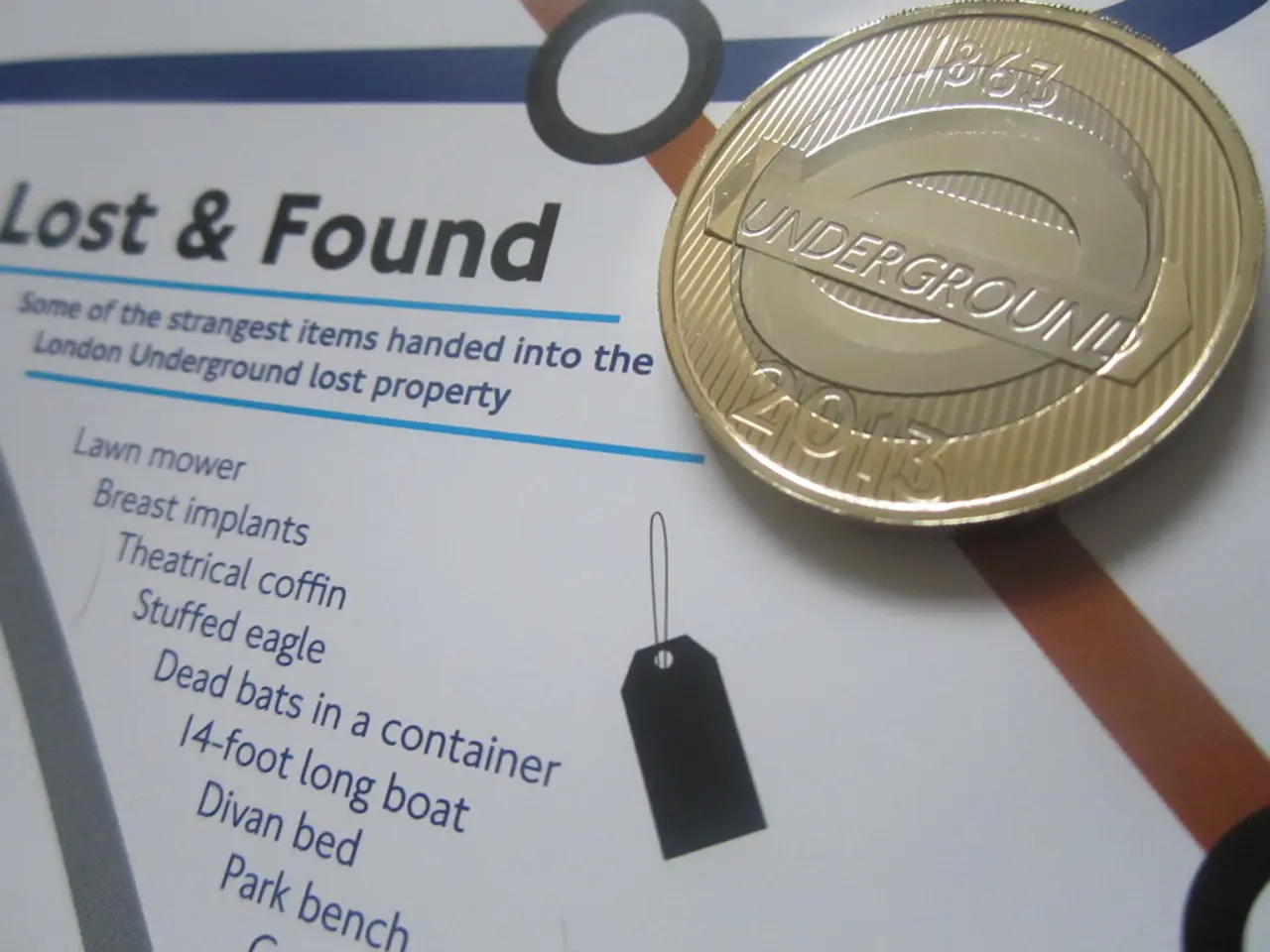Financial Innovation in Green Tech: Leveraging APIs, ESG-Linked Trades, and "Kilowatt Tokens" to Convert Sustainability Data into Financial Gains by Green Fintech
In a fast-evolving financial landscape, environmental data is increasingly being recognized as a valuable asset, with carbon-accounting APIs, sustainability-linked trade-finance rails, and blockchain energy tokens leading the charge. Over the past twelve months, these technologies have efficiently translated environmental data into valuable basis-points and working-capital savings.
Businesses can now assess the carbon footprint of every transaction, thanks to carbon-accounting APIs like Connect Earth, which have been integrated seamlessly into platforms such as Tide UK and Colombia Fintech. Regulators are also encouraging this shift by incentivizing the adoption of reliable carbon data sources, pushing issuers towards off-the-shelf carbon feeds.
Supplier scores are also playing a significant role in trimming costs. For instance, Santander Brazil offers sustainability-linked supply-chain lines to companies like Vestas, with suppliers benefiting from lower financing costs when they meet specific environmental criteria. These models, initially pioneered by Fintechs like TradeSun and CoriolisESG, are now earning recognition in the industry, with awards such as "Best Sustainable Supply-Chain Finance Program" from Global Finance.
Moreover, energy markets are tokenizing the electrons themselves, with platforms like Power Ledger facilitating peer-to-peer rooftop-solar trading. This results in household tariffs up to 43% below retail rates and significant community savings. Spain's utility Acciona and partner Galp have also expanded their blockchain registry, GreenH2chain®, which tags every megawatt of green hydrogen with a provenance certificate that meets the requirements of Iberian grid operators.
Data-driven margins bring risks, with inaccurate data leading to hefty fines. For example, the UK's Financial Conduct Authority penalized a fund manager £5.6 million for unsubstantiated sustainable investment claims. Moreover, energy tokens face challenges such as certificate double-spending, grid congestion, and speculative swings.
Despite these challenges, the potential advantages of embedding tamper-proof sustainability data are significant. By reducing friction in cross-border payments, for instance, businesses can unlock entirely new funding possibilities. These trends suggest that environmental metadata is transitioning from a cost centre to a tradable collateral, with the benefits accruing to fintechs and banks that effectively wire sensor feeds into ledgers. The rise of carbon-accounting APIs, ESG-scored invoices, and kilowatt tokens represents a major shift, with businesses and financial institutions increasingly recognizing the value of transparency in the carbon-emission landscape.
- Science and technology are playing crucial roles in the evolution of the financial industry, as green fintech solutions like carbon-accounting APIs (such as Connect Earth) and blockchain energy tokens are leading the charge in making environmental data a valuable asset in business and finance.
- In the realm of environmental-science, businesses can now assess the carbon footprint of their transactions more efficiently, thanks to the integration of these carbon-accounting APIs into platforms like Tide UK and Colombia Fintech, thereby aiding in more sustainable investing practices.
- The business landscape is evolving to acknowledge the importance of sustainability, with initiatives like sustainability-linked supply-chain finance programs, peer-to-peer rooftop-solar trading, and green hydrogen provenance certificates becoming increasingly recognized in the industry, demonstrating the potential for environmental data to transform from a cost center to a tradable collateral.




